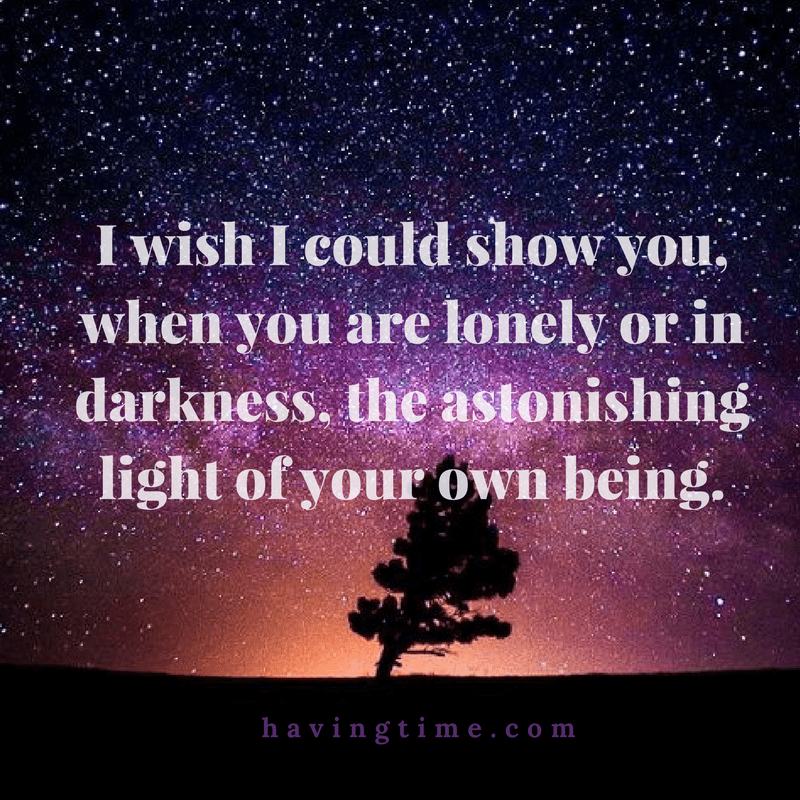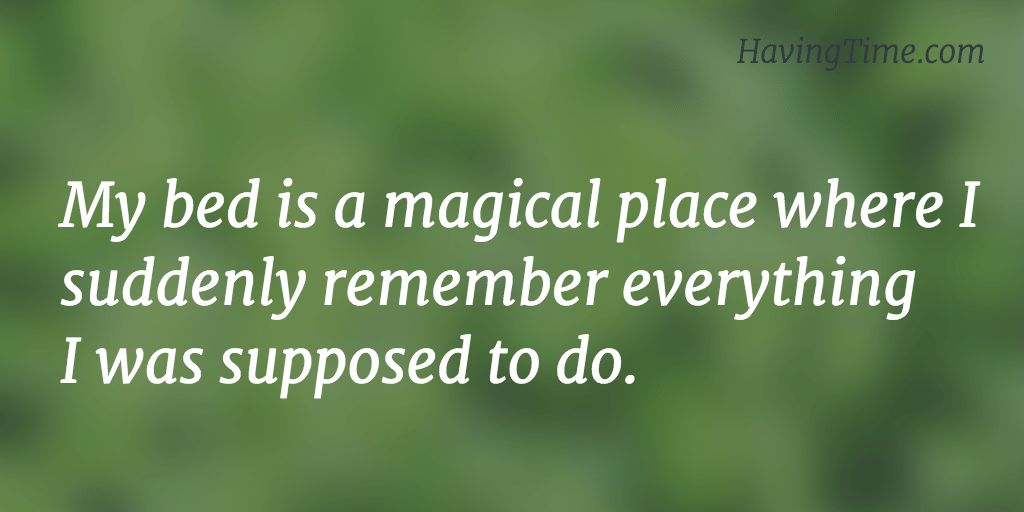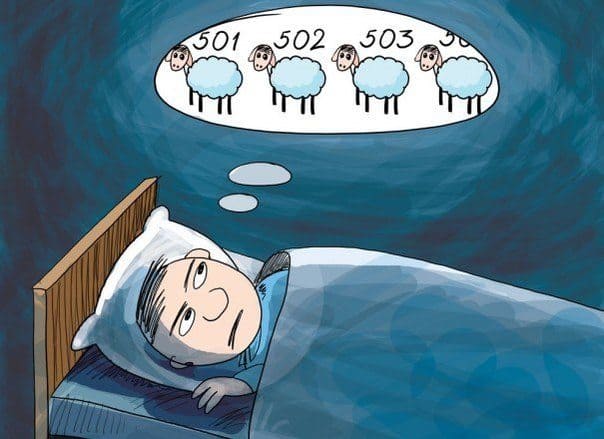My bed is a magical place where I suddenly remember everything I was supposed to do… – Unknown
I wish I’d found a better way to manage my insomnia early in life. I can say this now because recently my attempts to improve my sleep have met with fair success. But in the years when I was prone to ferocious bouts of insomnia, the way out of my predicament was a mystery.
Mine was not going to be an easy case. I was a light sleeper even as an infant, my mother says. At naptime, small noises—the closing of a door or the drone of a low-flying plane—would wake me up and make me cry in an era when other babies were sleeping through Ozzie and Harriet and noisy electric mixers.
I developed into a wakeful teen. While the rest of the family was sleeping, I was often up. To while away the hours I took leisurely baths, read novels, and tried on clothes, mixing and matching outfits. I replayed entire conversations in my head to inspect them for innuendoes I’d missed the first time around. My solitary nighttime vigils then were a pleasure.
Insomnia Sets In
But the pleasure was short lived. At college, information overload, infatuation with a tall, gangly saxophone player, and anxiety about performing on stage combined to push me into overdrive after dark. Try as I did, I could not quiet my mind or the racing feeling that radiated from my torso down through my arms and legs.
Waking up after a bad night to the gray light of dawn, I felt moody and withdrawn. By mid-afternoon, I was running on empty.
Looking for Help
Eventually, it occurred to me that my insomniac nights—as much “me” as the shape of my big toes or the color of my eyes—might be amenable to change and that I needed to change them if I was to live any semblance of a normal life. So began my informal but years-long hunt for a cure. Here are a few of the many things I tried:
- Liberal doses of my piano teacher’s plum wine—which knocked me out at night but left me hung over in the morning
- Percogesic, an over-the-counter sleep aid—which did nothing to help me fall asleep but left me groggy in the morning
- Diaphragmatic breathing—which worked a couple weeks but failed the day my car stalled en route to an interview for the job of my dreams (of course I didn’t get the job!)
- An audio CD whose creator promised to lull me into deep sleep but whose voice I found so obnoxious that I trampled the CD to bits
- Marty Stouffer’s Wild America, a nature show featuring shots of leaping gazelles and lumbering polar bears that sometimes pushed me over the hump . . . until the sound of the French horns jerked me awake at the end of the show.
Nothing I tried—short of the sleeping pills my doctor abstemiously doled out—would reliably put me to sleep and leave me feeling rested in the morning.
Fearing Sleeplessness
Over the years, my bouts of insomnia got longer and more frequent. I developed a fear of sleeplessness, which made the problem worse. The fear might seize hold of me at the sight of the afternoon fading into twilight or the sound of evening birdsong.
Would insomnia visit me again that night? I wondered reflexively. And what if it did? How wasted would I feel the next day, how moody? How dull would my mind be, how lacking in the flexibility needed to compose a paragraph or teach a class?
“I wish I could show you, when you are lonely or in darkness, the astonishing light of your own being.” – Hafiz

A Different Tack
For decades, insomnia clipped my wings. But then I decided to get really serious about finding help, diving into medical research, speaking with sleep experts, and undergoing various treatments. Finally, I was able to cobble together a plan that led to sounder sleep and daytime stamina.
The strategies I use today—sleep scheduling, the essence of what I found most useful in cognitive-behavioral therapy for insomnia; vigorous daily exercise; and infrequent use of medication–have not cured me of insomnia completely. I’m still susceptible to stress-related sleep disturbance. Probably I will always be.
But now it takes a bigger challenge to throw my sleep off course. And when it goes off course, I can right the ship in days rather than weeks.
I can’t relive all the years I struggled with chronic insomnia knowing what I know today. But I can share my story with others in the hope that it will serve as a motivation to look for better ways to manage insomnia now.
Photo By Alex Kaltykova




